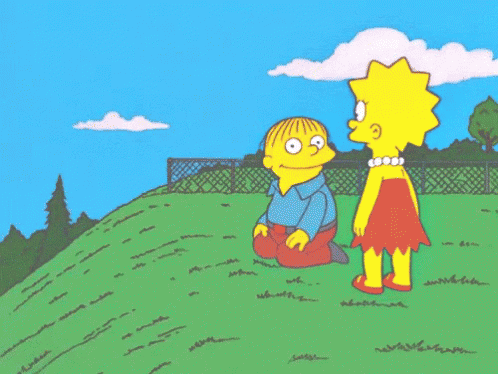Hello again my reader(s), and glad to see you’ve made it this far with me into the semester. Well done. Ever heard someone complain about how pop music all sounds the same, and how pop music has generally stalled as a genre? I’m betting that you have, and I’m also betting you’ve had that thought in relation to another form of art, or some activity. But enough grasping at straws, I’m hoping that you can follow. Here I go.

One of the biggest arguments that I’ve heard about pop music is that it’s created and sung by those who value getting paid over creating legitimate art. Perhaps. I’ve also heard that pop music is simply not creative– that it follows a certain formula in order to make money and to attract listeners. Just so you know this isn’t exactly wrong; pop music uses 4/4 time signatures primarily, major chord progressions, and typically features high end studio production that DIY’ers and lo-fi bands cannot compete with (and sometimes have no desire to).

The issue is, and this is an issue that I think McCloud touches on, is whether the creator crafts their work of art in order to get paid, or whether they create it to express themselves. But who besides the creator can speak on that? Who is to say that pop music as a genre is any less complex or meaningful than indie-sub genres, or classical, or opera? Perhaps it comes down to the six steps of the creation process and how much time the artist (or their ghostwriter) puts into their creation:
1. impulses, (ideas emotions)
2. form (pretty self-explanatory)
3. idiom (styles or gestures)
4. structure (composition)
5. craft (skills, practical knowledge)
6. surface (production values)
We see on page 171 that McCloud, seems to view the “new kid”, or art that has appeared recently, as a product that looks great from the outside, but when the consumer takes a metaphorical bite, they will soon discover that this product is actually empty and unfulfilling. New music, from the thousands of headlining pop artists across the US alone is pumped out everyday. Radio pop. Is this stuff a shiny apple on the outside, but hollow within? Is pop a genre that sounds good at first, with a 4/4 time signature and simple, harmonious power chords? Does that Taylor Swift song sound as good as it did the first 60 times you heard it on Sirius XM, or 96.7 FM? I’m betting not. (Do your thing, T-Swizzle).

The issue that I’ve found, and one that I want YOU as the reader to consider, is whether new consumers of music (younger generations) are flawed for enjoying contemporary pop music. Are their tastes undeveloped, or under-nuanced? What about creators that come after artists such as Tupac, or Pink Floyd, or the Grateful Dead? Can those creators and artists, who follow in the footsteps of artists such as these create meaningful art that isn’t viewed as rudimentary, or derivative?My writing background, which has focused on rhetorical studies, tells me an artist can never separate themselves from their inspiration, not completely at least. And that’s ok!
I would guess that there will always be older generations (think politics too) who reject new forms of art work, and seem to ignore the fact that every wave of creativity is spurred by something that came before….


Jason,
I really liked the way you tied McCloud’s ideas into the “issue” of pop music. It’s something I think we all can relate to. You’re also spot on when you say that no one can really know whether those artists are following a formula or genuinely creating what they want to. It goes along with our class discussion of intention versus perception when it comes to art, and what counts as art. It’s also interesting to talk about the art of music, since everyone seems to overtly express their music tastes more than other forms of art. (I know that so-and-so hates country music, but I have no idea whether or not they like Monet?) Music is just a form of art that we talk about more than other kinds. That’s why I think your post is so relevant. Thanks for sharing.
-Amanda
LikeLiked by 1 person
I’ve been watching a lot of youtube videos lately. Just random videos too, where-ever the algorithm takes me. The amount of videos (tutorial or not) that show you how to create the “pop” style of beat is incredible and it really helps illustrate how the pop hits that we have on the radio are so popular. There is also a band called Axis of Awesome and they do a compilation of the 4 chords every pop song is comprised of (https://www.youtube.com/watch?v=5pidokakU4I). The video I’ve linked to is about 10 years old but it’s still good.
I think that even though pop songs are comprised of very similar elements they are still made because they artist enjoys making them. I can’t speak for those artists but they do put work into the production, even if a good percentage of the work is the visual representation such as music videos.
I would look at it the same way I look at romance authors. I don’t care for that genre in particular but it formulaic. There is an encoded formula on how to write a romance novel and those that write them know it. But there is also the work involved to produce the product according to that formula.
LikeLiked by 1 person